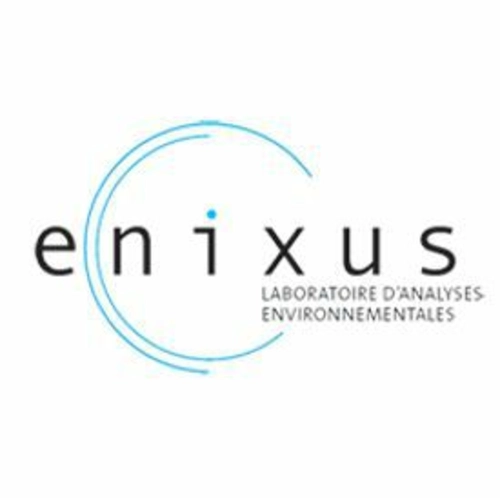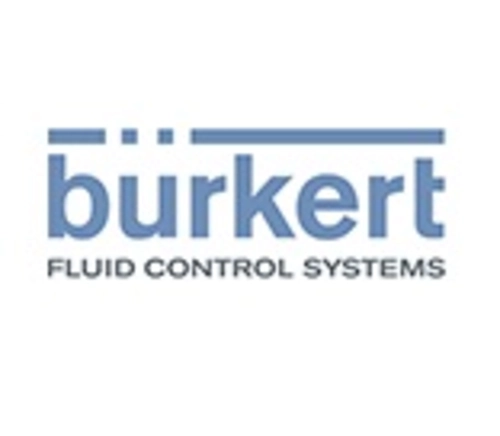How to analyze the hardness of soft water?
3 answers
Total water hardness is the measure of the calcium and magnesium contained in the water. These two elements combined form calcium carbonate. Our body needs calcium (Ca) and magnesium (Mg). In some countries, minimum levels of calcium are recommended (minimum calcium level is 20 mg/l). The main problem with a high total hardness level in the water is that deposits can form in the pipes and make them less efficient. If the water is too hard, it can also cause the effectiveness of soaps and detergents to decrease, and affect the taste of the water.
Material:
1 - sample of total hard water (800 mg/l) provided by the limit value of the province of Saskatchewan (VLRS)
2 - packs of test strips (with printed color charts)
3 - 10ml disposable beakers
Methodology:
Label the two beakers according to their respective contents.
Fill the beakers with 10 ml of water from the samples.
Immerse a test strip in the beaker containing the local water for 3 seconds.
Remove and immediately determine the closest color on the color chart. The color is stable for only one minute.
Record the results in mg/l (or parts per million).
Repeat for the sample of the Province of Saskatchewan Recommended Limit Value for Total Water Hardness (VLRS).
Hello,
Our water analysis laboratory can perform this measurement with precision.
I invite you to contact our customer service at 04.42.40.44.28 to find out about the analysis methods.
Best regards,
ENIXUS
Environmental analysis laboratory
You need a colorimetric analyzer that uses solutions that will color the water depending on the degree of hardness. This mixture is then passed in front of a lamp which then determines the hardness value by colorimetric measurement.
Questions on the same topic
I am looking for online training on the treatment of unconventional water, specifically desalination and demineralization. Do you have any tips or recommendations?
Last response: Hello, I recommend the IOWater training courses! Cordially Isabelle Duchemin / Polymem
What industries benefit most from advanced wastewater treatment technologies ?
Last response: Les technologies avancées de traitement des eaux usées sont particulièrement bénéfiques dans plusieurs secteurs industriels. Read more
Can water be made drinkable with bacteria?
Last response: Hello, BIO-UV Group specializes in UV treatment for the destruction of bacteria. You can contact us by phone at 0678827319 - Mr. Nguyen Alain Technical Sales Engineer or by email uvps@bio-uv.com . Read more
What is the impact of mineral ions on water purification?
Last response: Les ions minéraux jouent un rôle crucial dans les procédés de purification de l'eau, influençant divers aspects technico-chimiques. Read more
Can we do without chlorine for drinking water?
Last response: Hello, Indeed you can do without chlorine to make the water safe for consumption. Filtration then treatment with UV C or reverse osmosis makes the water bacteriologically clean. Read more
What are the differences between UV treatment and reverse osmosis? In which situation is one better than the other for the production of drinking water for a city (+15,000 inhabitants)?
Last response: UV treatment et osmose inverse sont deux méthodes distinctes de traitement de l'eau, chacune ayant ses propres applications. Read more
How to treat slightly potentiated well water in a mineral water company?
Last response: Hello, Depending on the composition of the water, ion exchange resins could fix the potassium for sodium. The installation, simple in design, would only consume salts.
Raw and drinking water quality limits and references
Last response: La qualité de l'eau brute et de l'eau potable est régie par des normes strictes, souvent définies à l'échelle européenne par la Directive 98/83/CE, transposée en droit français par le Code de la... Read more
What is the maximum residual chlorine level allowed in well water?
Last response: 5ppm not to be exceeded. Verification by self-control of free chlorine (used a cholro photometer.)
Is the reverse electrodialysis technique a technique for producing clean drinking water?
Last response: For more information marie.sirvain@ifts-sls.com

